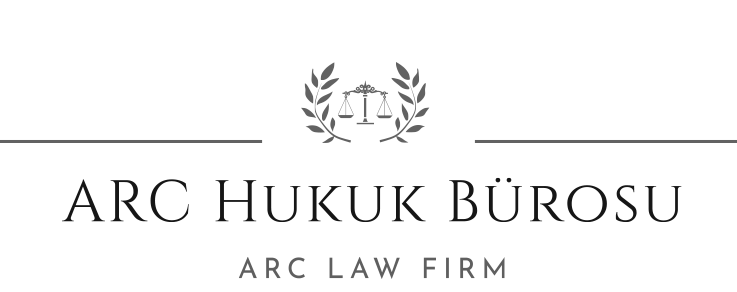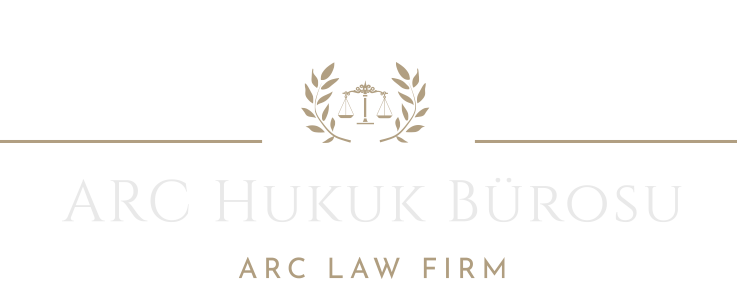Due to the Covid 19 pandemic, the remote working method, which we have previously witnessed abroad, is becoming widespread in our country. Large-scale companies saw the Covid 19 outbreak as a start and started to adapt their working systems to the remote working method on a long-term basis. During the pandemic period, the remote working method, which our country was not very familiar with before, naturally brought along many legal problems. Accordingly, the Regulation on Remote Working was published in the Official Gazette dated March 10, 2021 and entered into force. The regulations and innovations introduced by this Regulation are explained below. First of all, the Regulation on Remote Working has been prepared based on Article 14 of the Labor Law No. 4857. Therefore, it is necessary to evaluate Article 14 of the Labor Law No. 4857 and this Regulation together.
On-call and remote working Article 14 – (…) Remote working is an employment relationship established in writing and based on the principle that the employee performs his/her work outside the workplace at home or through technological means of communication within the scope of the work organization established by the employer. (Additional paragraph: 6/5/2016-6715/2 Art. ) In the employment contract to be made according to the fourth paragraph; the definition of the work, the way it is done, the duration and place of the work, the wage and the issues regarding the payment of the wage, the equipment provided by the employer and the obligations regarding the protection of these, the employer’s communication with the employee and the provisions regarding the general and special working conditions. (…) (Additional paragraph: 6/5/2016-6715/2 Art.) In teleworking, workers cannot be treated differently from the equivalent worker solely due to the nature of the employment contract, unless there is a substantial reason. The employer is obliged to inform the employee about occupational health and safety measures, to provide the necessary training, to provide health surveillance and to take the necessary occupational safety measures regarding the equipment provided, taking into account the nature of the work performed by the employee to whom the employee is assigned with a teleworking relationship. (Additional paragraph: 6/5/2016-6715/2 Art.) The procedures and principles of teleworking, the jobs in which teleworking cannot be performed taking into account the nature of the work, the application of business rules regarding the protection and sharing of data and other issues shall be determined by the regulation issued by the Ministry of Labor and Social Security.
In the Regulation on Remote Working, first of all, definitions are made in Article 4 and the definition of remote working is included as defined in Article 14 of the Labor Law No. 4857. On the other hand, the Regulation also includes the definition of “remote worker”. Accordingly, a remote worker is an employee who fulfills all or part of his/her work performance by working remotely. Section 2 of the Regulation sets out the procedures and principles of remote working. Accordingly, – Employment contracts regarding remote working shall be made in writing. – The contract must include the definition of the work, the way it is to be performed, the duration and location of the work, the wage and issues regarding the payment of the wage, the work tools and equipment provided by the employer and the obligations regarding their protection, the employer’s communication with the employee and the provisions regarding general and special working conditions. – If necessary, the arrangements regarding the place where the remote work will be carried out should be completed before the work starts and the method of covering the costs arising from these arrangements should be determined jointly by the remote worker and the employer.
The materials and work tools required for the production of goods and services must be provided by the employer, unless otherwise agreed in the employment contract. The principles of use, maintenance and repair conditions of these materials and work tools shall be notified to the remote worker in a clear and understandable manner. – If work tools are provided by the employer, the list of work tools indicating their prices on the date of delivery to the worker shall be delivered to the worker in writing by the employer and a copy of the document delivered to the worker signed by the worker shall be kept by the employer in the worker’s personnel file. If the list of work tools is issued as an annex to the employment contract within the employment contract or on the date of the contract, it will not be required to issue a separate written document. – Issues regarding the determination and reimbursement of mandatory expenses directly related to the production of goods or services arising from the fulfillment of the work will be specified in the employment contract. – The time interval and duration of remote working shall be specified in the employment contract. Provided that the limitations stipulated in the legislation are adhered to, working hours may be changed by the parties. Overtime work shall be performed upon the written request of the employer and acceptance of the employee in accordance with the provisions of the legislation. – The method and time interval of communication in remote working shall be determined by the remote worker and the employer.
Pursuant to Article 13 of the Regulation, teleworking is prohibited in jobs that involve working with hazardous chemicals and radioactive substances, processing of these substances or working with the wastes of these substances, and working with the risk of exposure to biological agents. On the other hand, it is regulated that the public institution and organization responsible for the unit, project, facility or service or the public institution and organization receiving the service will determine which of the works performed by public institutions and organizations through service procurement in accordance with the relevant legislation and which of the units, projects, facilities or services of strategic importance in terms of national security cannot be teleworked. DATA SECURITY The issue of data security, which caused many changes in our lives with the Personal Data Protection Law No. 6698 in 2016, was pregnant with many disputes with the remote working method, which has recently found application in our country. This process, which has been carried out on the basis of general provisions and comparison methods until this time, has been regulated by Article 11 of the Remote Working Regulation. However, Article 11 did not resolve all disputes comprehensively and was far from meeting the legal needs. Article 11 of the Remote Working Regulation regulates data security as follows Data protection ARTICLE 11 – (1) The employer shall inform the remote worker about the business rules and relevant legislation regarding the protection and sharing of data related to the workplace and the work performed, and shall take the necessary measures to protect such data. (2) The employer determines the definition and scope of the data to be protected in the contract. (3) The remote worker is obliged to comply with the operating rules determined by the employer for the protection of data. The article in question has drawn a framework but has not gone beyond the nature of a declaration of knowledge. In this regard, it is beneficial for data controllers and data processors to continue to act cautiously. OCCUPATIONAL HEALTH AND SAFETY Another issue that has been referred to the judiciary and is in need of regulation is the principles of occupational health and safety. This is because, in the teleworking method, the issues of occupational accident, the time of the occupational accident, whether the accident occurred during the performance of work and the proof of all these and similar disputed issues were open to discussion. Article 12 of the Regulation on Teleworking regulates occupational health and safety, but as in the case of data security, it does not go beyond being a framework. Article 12 of the Remote Working Regulation regulates occupational health and safety as follows
Taking measures regarding occupational health and safety ARTICLE 12 – (1) The employer is obliged to inform the employee about occupational health and safety measures, to provide the necessary training, to provide health surveillance and to take the necessary occupational safety measures regarding the equipment provided, taking into account the nature of the work performed by the remote worker. TRANSITION TO REMOTE WORK The Regulation allows the transition to remote working method in cases where the employment relationship is not directly established through remote working method and the manner of this transition is regulated in Article 14. Accordingly, in line with the employee’s request for remote working, the request must be made in writing. The request will be evaluated by the employer in accordance with the procedure determined at the workplace. In the evaluation of the request, the suitability of the work and the worker for remote working due to the nature of the work and the worker and other criteria to be determined by the employer will be taken into consideration. The result of the evaluation of the request must be notified to the worker within 30 days.
This notification shall be carried out through the procedure by which the request is made. However, the Regulation does not regulate what to do in the event of no response to the request within 30 days and the meaning and consequences of silence. The meaning and consequences of silence need to be regulated. If the request is accepted, a contract will be concluded in accordance with the provisions of Article 5. On the other hand, the employee who has switched to remote working may request to work at the workplace again with the procedure specified in the second paragraph. The employer shall prioritize this request. In the event that remote working will be applied in the whole or part of the workplace due to compelling reasons specified in the legislation, the employee’s request or approval will not be sought for the transition to remote working.


